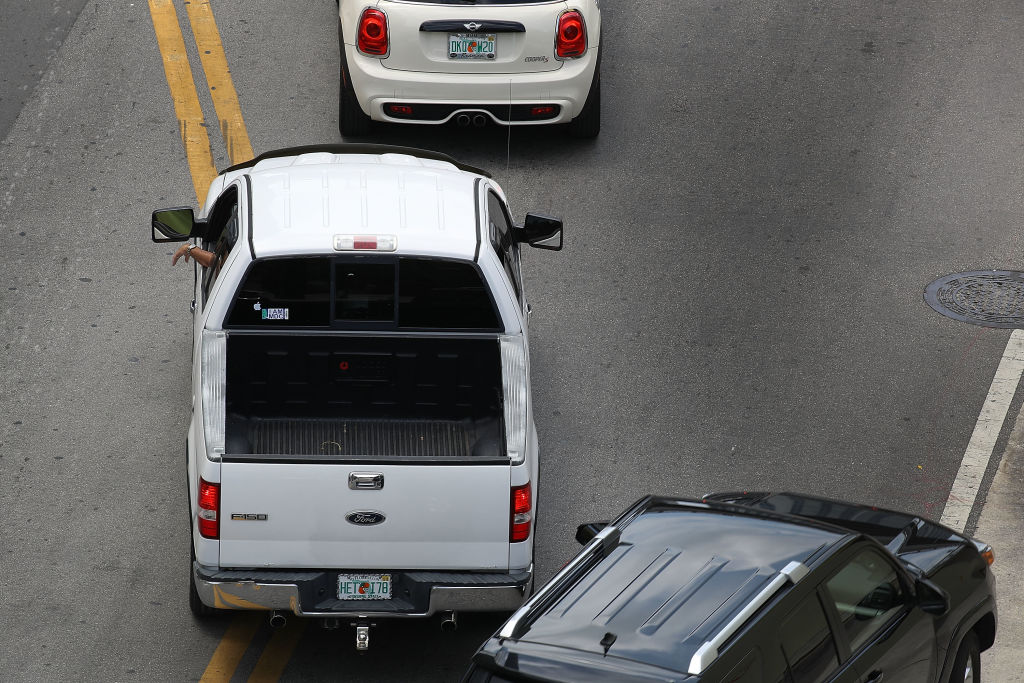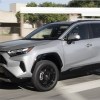
Are Trucks Less Expensive to Insure Than Cars?
If you’re looking to make insurance changes next year, you may want to consider the types of vehicles you’ll be adding to your policy. Some vehicles may be more costly to insure than others. We found one study that might help shed some light on the differences in coverages for trucks versus cars. If truck insurance is in your future, you don’t want to miss this read.
How the insurance companies determine premiums

Insurance companies rely on a variety of data points to help them determine premiums and coverage plans for vehicles. They manage their risks by assigning costs, which are usually higher for conditions that present more significant concerns. How often you drive your car and your overall driving history are significant factors.
Other factors involve the vehicles themselves. Standard safety features and safety ratings can equate variable insurance discounts. In assessing the type of vehicle to cover, insurance providers will look at potential damages should there be an accident and potential cost of repairs. So, because trucks are bigger than cars, does that make them more expensive to insure?
Which coverages cost more, cars or trucks?
Because the risk of vehicle or property damage is greater with a truck, along with any potential associated repair costs, truck insurance will be more expensive. In a recent study by The Zebra, major insurance carrier quotes were assessed for several cars and pickups. They found a difference of around $102 each month between the two, with trucks being more expensive.
Interestingly enough, the cheapest truck to insure in this study is the Chevy Colorado, with a mild variation of only $3 in premiums. The bottom line is that because you’re driving a bigger vehicle with potential for heftier damages, the premiums will reflect those increased risks. However, based on your personal driving habits, you can easily find comparably priced coverages.
If you plan to buy a truck in the coming weeks, you’ll pay a little more for it than you would an economy sedan. It’s also a good idea to also consider some of the additional costs of truck ownership, outside the purchase price itself. In addition to higher truck insurance costs, fuel efficiency may be different if you’re transitioning from a car to a truck. Calculating routine maintenance services might contribute to your truck-buying decision as well. In many cases, trucks can be more costly to own than cars.
Finding your best rates and managing your insurance costs
It may cost more to buy and insure a truck, but you’re also investing in more vehicle size, performance, and capability. You can stay on top of your ongoing ownership costs to make sure you’re leveraging any and all available savings. Some suggest finding new insurance quotes at least once each year to identify cheaper options. Other ways to save might include building a strong credit history or considering a higher deductible.
As your truck ages, you can also reduce the types of coverage you have in your policy as well. Of course, it’s best practice always to drive safely and avoid compromising driving conditions. Use available driver assistance features whenever possible for the safest roadway navigation. A history of accident-free driving might be your best weapon in combating higher insurance costs.
Truck insurance is a requirement for all truck drivers. You can expect to pay a little more in premiums for a truck than if you were insuring a mid-size sedan. Ultimately, the differences in monthly price can be managed and will vary based on a variety of reasons. Stay on top of your premiums and the other truck ownership costs so that you know what to expect.


